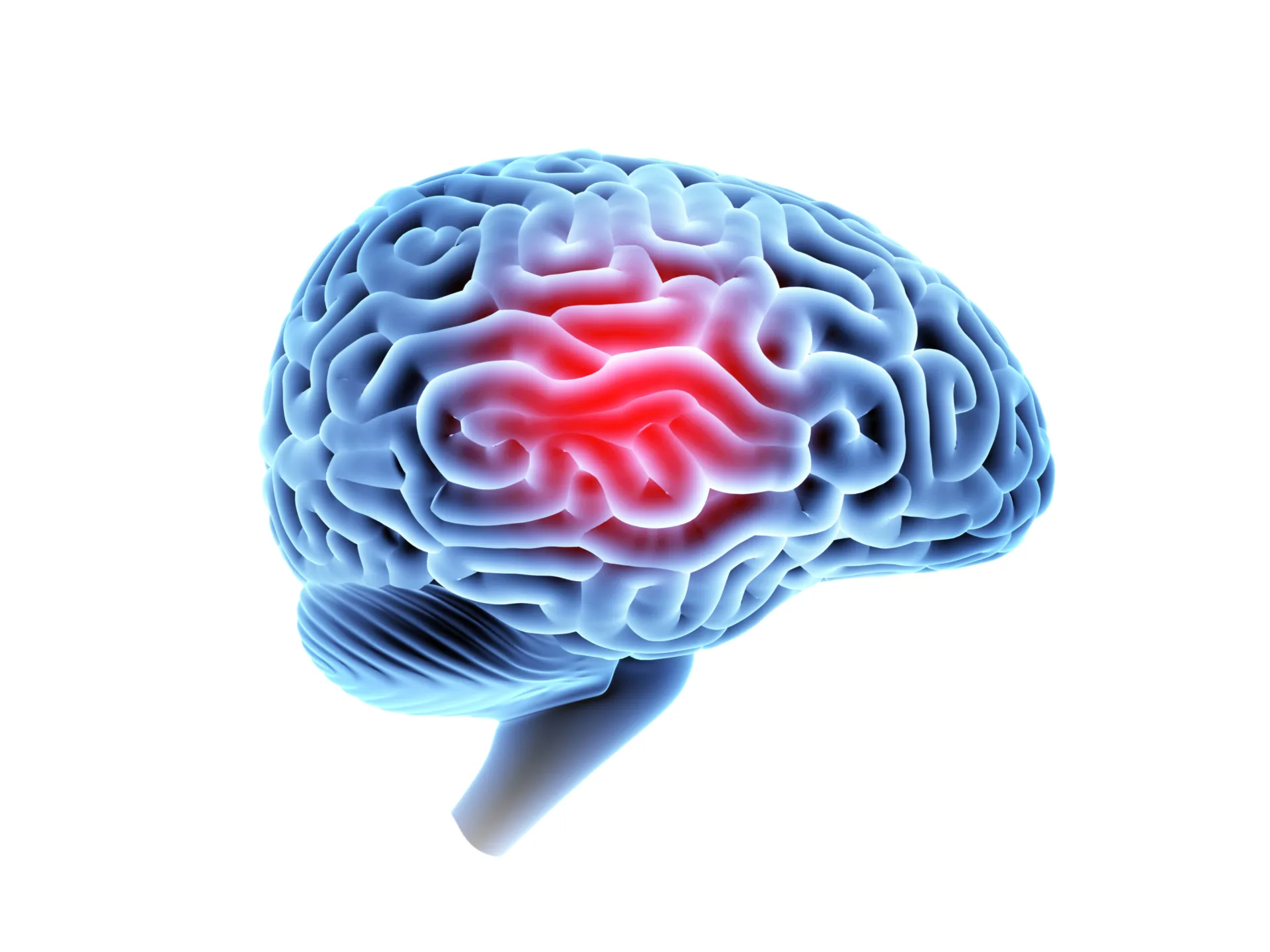
Can I Undo Damage From Alcohol?
Anyone who has had too much to drink one night knows that alcohol can have some significant effects on the body. You might feel disoriented, sick, and nauseated and wake up with a pounding headache the following day, reminding you of the poor choices from the night before.
These short-term effects of alcohol consumption usually resolve within a couple of hours once the body has flushed the alcohol out. But for those who have slipped into a more regular pattern of drinking, the effects may last much longer.
So what can you do? How can you reverse the effects of alcohol or – even better – prevent them from happening?
What are the effects of alcohol?
The effects of alcohol fall into two categories – short-term and long-term. Short-term effects usually occur immediately after consumption of alcohol and do not last for extended periods. Long-term effects of alcohol arise when alcohol consumption becomes routine and frequent – these effects can cause lifelong problems.
Short-term effects of alcohol use include:
- An increase in blood alcohol concentration levels (BAC), i.e., the amount of alcohol present in your bloodstream
- Increased risk-taking behaviors
- Decreased motor skills or slower response times to stimuli
- Confusion or difficulty remembering things (also known as “blacking out”)
- Alcohol-induced comas and death may sometimes result from a fatality caused by alcohol consumption
The long-term effects of alcohol may include:
- Damage to the brain, including neuron damage in all areas, inhibited functioning and an increased risk of neurological diseases like seizures, dementia, brain cancer and stroke
- Cardiac problems including high blood pressure, high cholesterol levels, arrhythmias (irregular heartbeats), alcoholic cardiomyopathy (weakening of the heart muscles and decreased ability to pump blood through the body) and heart attack
- Liver problems – As the liver is forced to filter copious amounts of alcohol, it begins to lose its effectiveness and build up scar tissue, creating problems for the entire body; once scar tissue has built up within the liver, the effects cannot be reversed without significant surgical operations.
- Gastrointestinal problems, including chronic inflammation and gastritis (particularly in the lining of the stomach), which may lead to painful stomach ulcers
- Osteoporosis – “Excessive use of alcohol interferes with calcium metabolism and absorption, and this is a risk factor associated with the development of osteoporosis. Alcohol also interferes with hormone production that can lead to elevated levels of cortisol that can deplete levels of calcium in an individual’s system”
Alcohol is also notorious for causing a worsening of any pre-existing mental health conditions. Alcohol use disorder is often diagnosed alongside anxiety, depression, post-traumatic stress disorder, and bipolar disorder, to name a few. Reversing the effects of alcohol include addressing these mental health concerns, too.
Is it possible to reverse the effects of alcohol?
Reversing the short-term effects of alcohol can be done a little more quickly than reversing the long-term effects, as the short-term ones usually require drinking a lot of water to flush out the body, sleep, and abstinence from more alcohol to stop the effects (if they are mild).
However, the long-term effects of alcohol are not quite so easily reversed. For example, the structures of the brain and the chemicals that keep it functioning well do not reverse right away and may take years to reverse:
“The National Institutes of Health (NIH) reports that former abusers who abstain from alcohol for several months to a year may experience partial correction of some of these structural changes. The effects of abstinence from alcohol typically peak and are maintained after 5-7 years of complete abstinence, although the most salient effects occur within the first year.”
The same source claims similar results for any cardiovascular healing:
“However, in most cases, the full extent of the damage produced by chronic and heavy alcohol use on the cardiovascular system is not fully resolved. Typically, any reversal of damage occurs rapidly in the first months to the first year of abstinence and then slows down following that. Individuals must also pay attention to other lifestyle factors, such as diet, exercise, getting plenty of rest, stress management, etc., to experience their full recovery potential.”
In other words, while some of the effects can be reversed and the body can slowly begin to heal, the damage will still result in a predisposition to certain diseases and permanent organ damage.
Preventing alcohol’s effects
While some effects cannot be completely reversed, if you address the disordered behaviors early enough, you can prevent them from worsening and other negative effects from arising.
Preventative actions include:
- Abstaining from alcohol or firmly adhering to limited drinking, such as one beverage at an occasional event, etc
- Incorporating a healthy diet, getting plenty of sleep, exercising 30 minutes a day and fostering good mental health through hobbies, journaling, etc
- Seeking counseling services to help address any co-occurring mental health disorders
- Telling a friend about your struggles with drinking and asking them to consider being an accountability partner for you
- Reformatting your life to be one of health and wellness with minimal room for unhealthy habits like increased drinking
- Limiting stress and addressing the cause of chronic stress/tension in your life.
These are just a few ways you can begin preventing the effects of alcohol from doing additional harm.
Need more help?
If you are ready to start counseling for alcohol use disorder, contact Bluff Augusta by calling [phone_linked] anytime to learn more.








